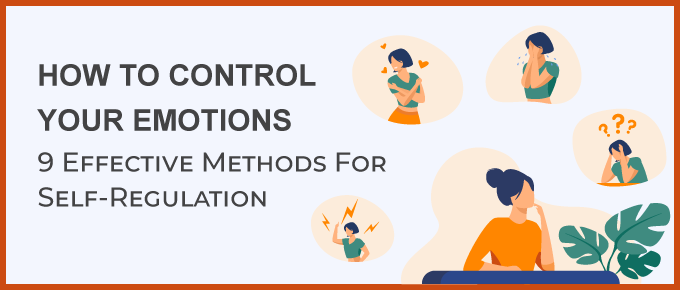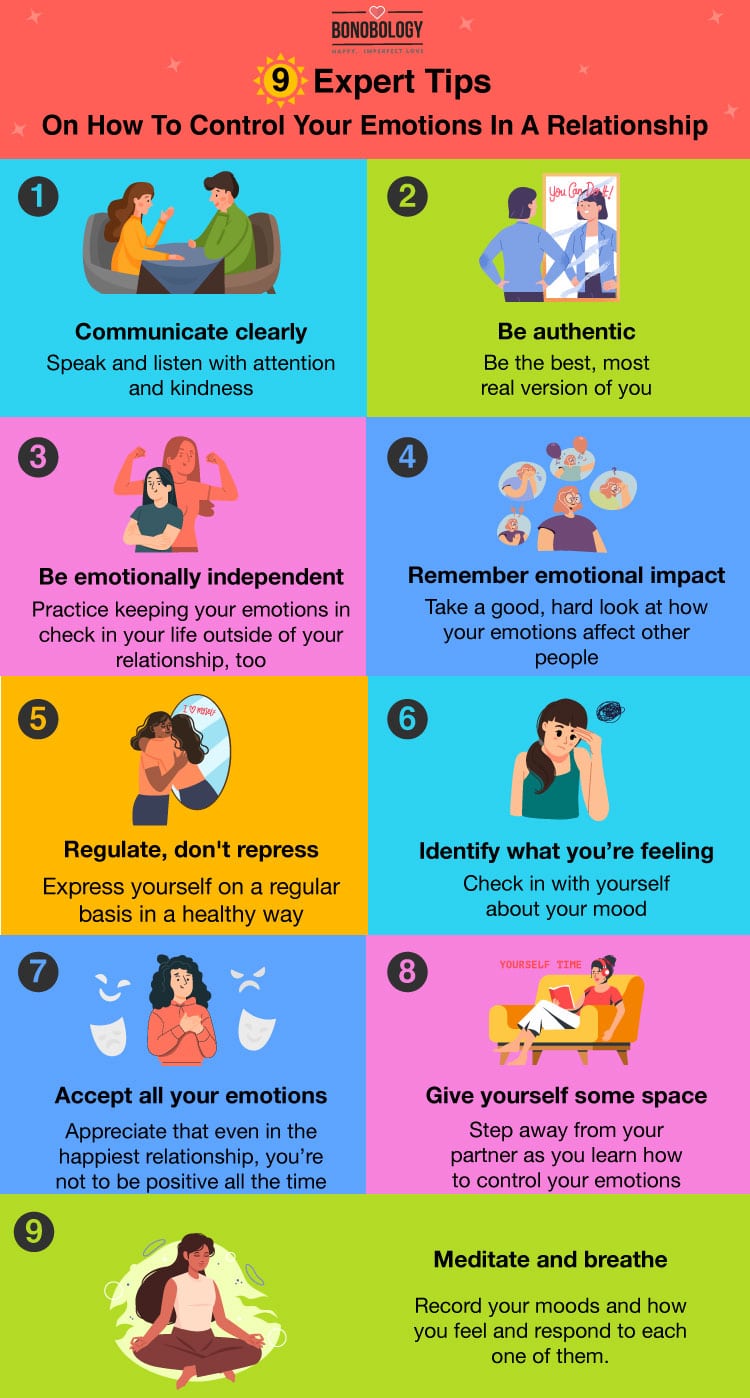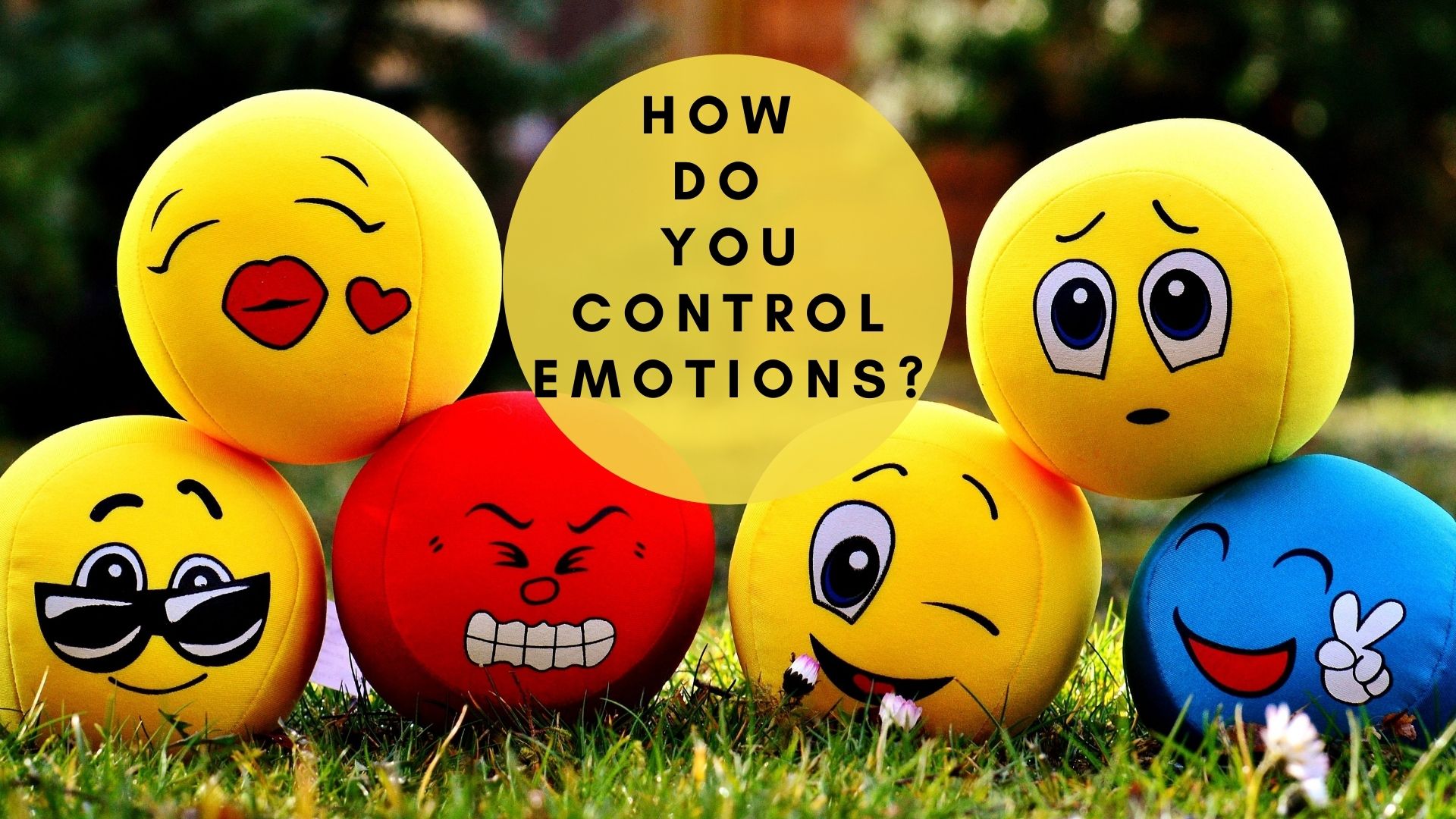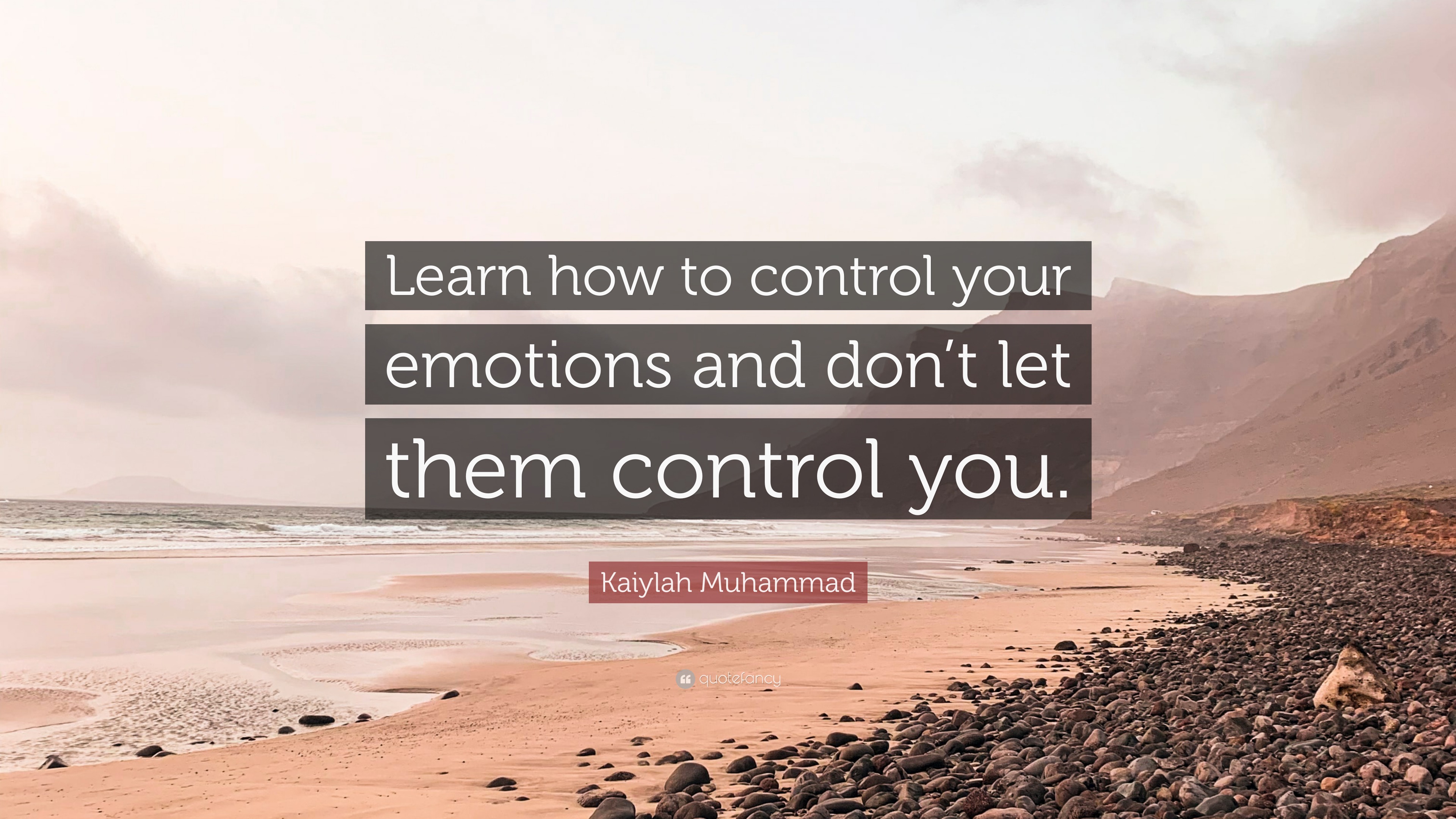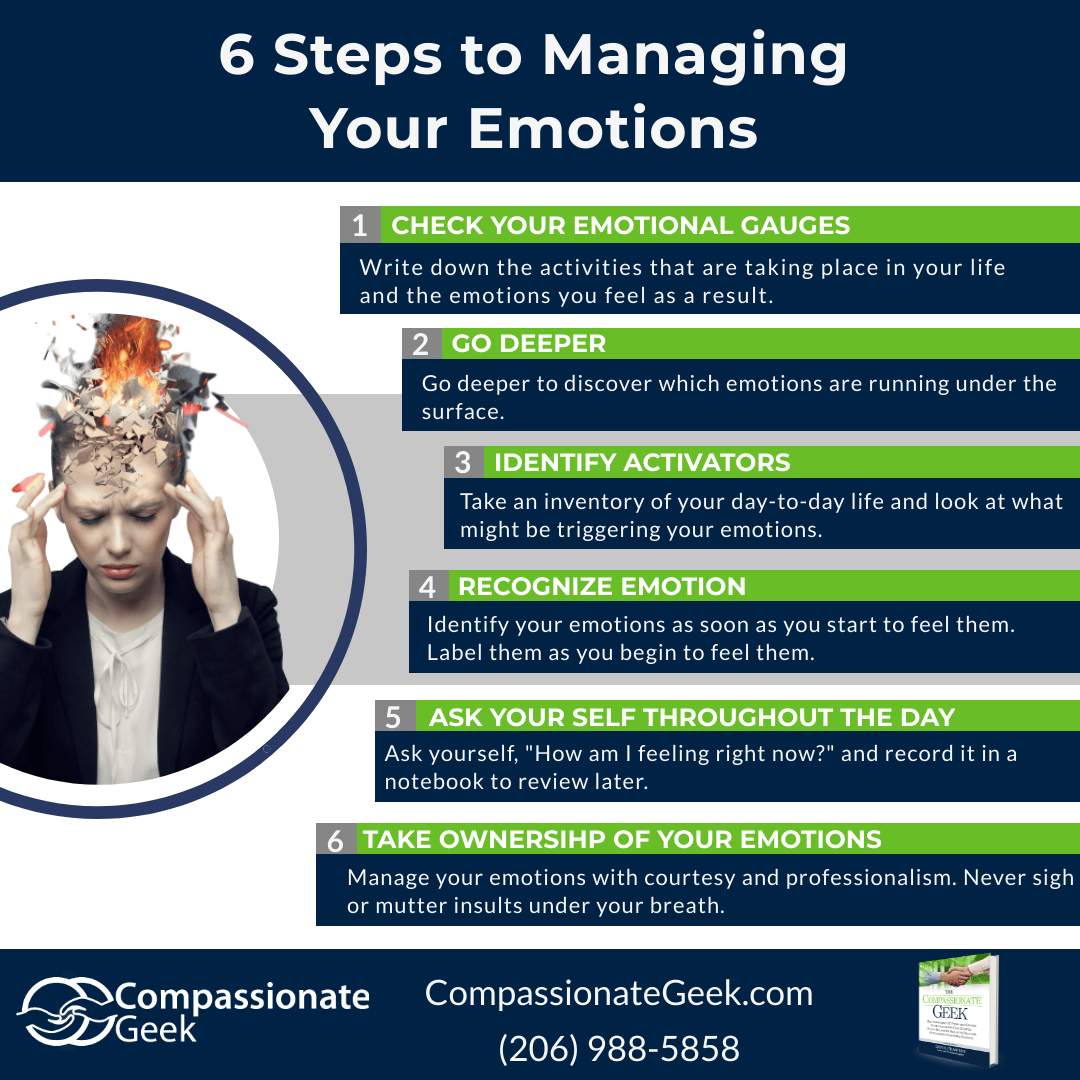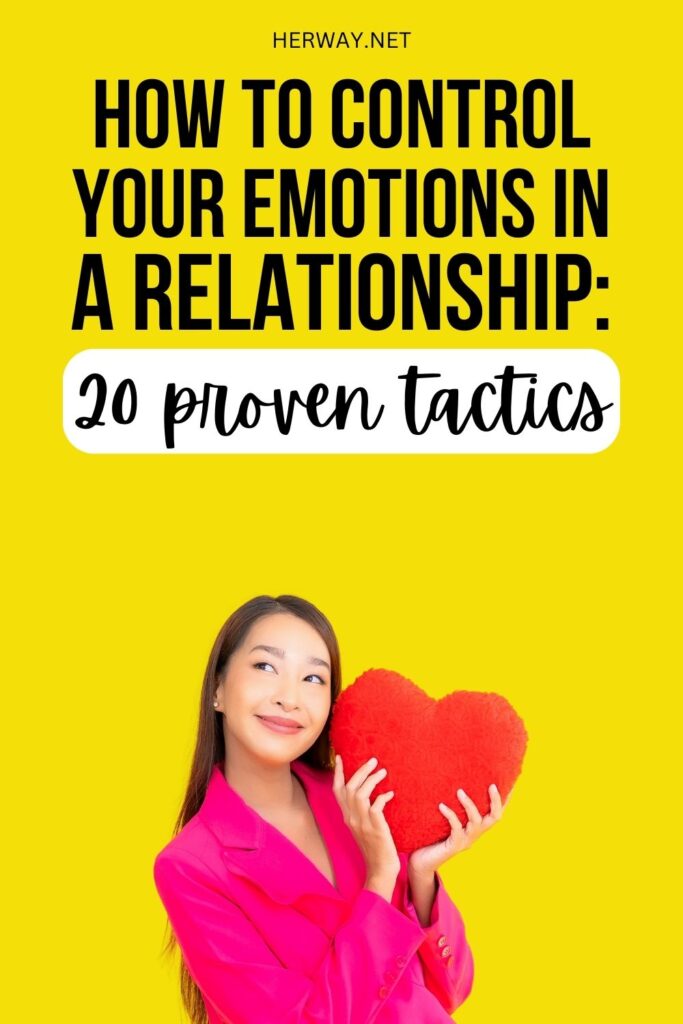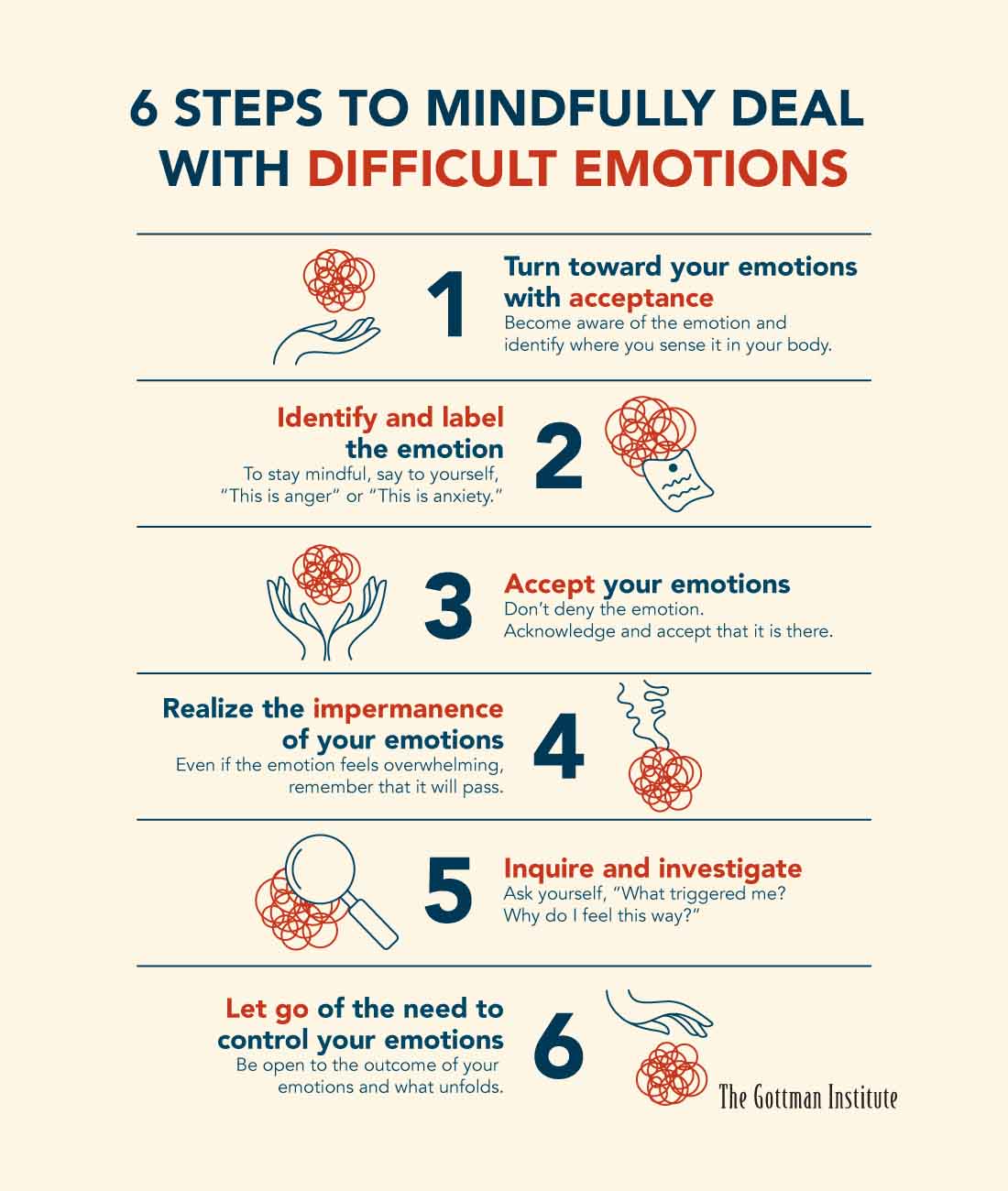Can You Learn To Control Your Emotions
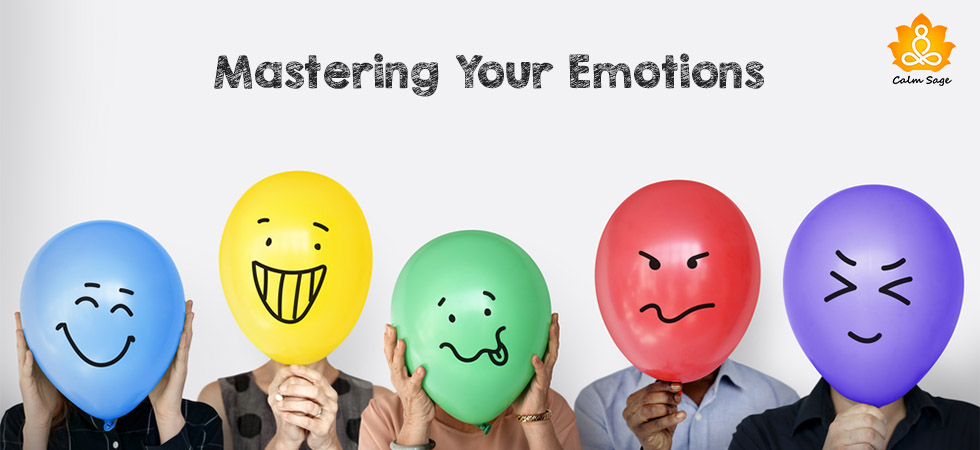
For centuries, emotions have been viewed as uncontrollable forces, dictating our reactions and shaping our experiences. But emerging research in psychology and neuroscience suggests a more nuanced reality: that we may have more agency over our emotional lives than previously thought.
The ability to regulate emotions – to influence which emotions we have, when we have them, and how we experience and express them – is gaining recognition as a critical life skill. This article explores the scientific evidence behind emotion regulation, its potential benefits, and the techniques individuals can use to cultivate greater emotional control.
The Science of Emotional Regulation
Emotion regulation is not about suppressing or avoiding emotions. Instead, it involves understanding and modifying our emotional responses in a healthy way.
Neuroscience research, particularly using functional magnetic resonance imaging (fMRI), has identified brain regions involved in emotion regulation. These include the prefrontal cortex, which plays a key role in executive functions like planning and decision-making, and the amygdala, which is associated with processing emotions, especially fear.
Studies have shown that individuals who are better at regulating their emotions exhibit greater activity in the prefrontal cortex and less activity in the amygdala when faced with emotionally charged stimuli.
Strategies for Emotional Regulation
Several evidence-based strategies can help individuals develop their emotion regulation skills. These techniques, often taught in therapeutic settings like Cognitive Behavioral Therapy (CBT) and Dialectical Behavior Therapy (DBT), focus on changing how we perceive and respond to emotions.
Cognitive reappraisal, for example, involves changing the way we think about a situation to alter its emotional impact. Instead of viewing a setback as a failure, one might reframe it as an opportunity for growth.
Mindfulness, another popular technique, encourages individuals to pay attention to their thoughts and feelings without judgment. By observing emotions as they arise and pass, individuals can gain greater awareness and avoid being overwhelmed by them.
Distraction, while sometimes viewed negatively, can be a helpful short-term strategy. Engaging in an activity that shifts focus away from the distressing emotion can provide a temporary respite.
Expressive suppression, on the other hand, which involves inhibiting the outward expression of emotions, is generally considered less effective and can even be detrimental to mental health, according to studies published in the Journal of Abnormal Psychology.
Benefits and Impact
The potential benefits of improved emotion regulation are far-reaching. Research has linked emotional regulation skills to better mental health, including reduced symptoms of anxiety and depression.
Stronger emotional regulation can also improve interpersonal relationships. Individuals who can manage their emotions effectively are better able to communicate their needs, resolve conflicts, and build stronger connections with others. Improved emotional intelligence is also associated with better academic and professional performance.
A recent study by the American Psychological Association showed that individuals with high emotional regulation skills reported higher levels of overall life satisfaction and resilience.
Challenges and Considerations
Learning to regulate emotions is not always easy. It requires conscious effort, consistent practice, and sometimes professional guidance.
Individuals with certain mental health conditions, such as Borderline Personality Disorder (BPD), may face greater challenges in regulating their emotions and often require specialized therapy, like DBT.
Moreover, it's important to recognize that emotions are a natural and essential part of the human experience. The goal of emotion regulation is not to eliminate negative emotions but to manage them in a way that promotes well-being and allows individuals to live more fulfilling lives.
Emotion regulation is a skill that can be learned and developed over time. By understanding the science behind emotions and practicing evidence-based techniques, individuals can gain greater control over their emotional lives and unlock a range of personal and social benefits.


